Chaotic clutter: how Action for Children helps vulnerable families de-clutter and live again
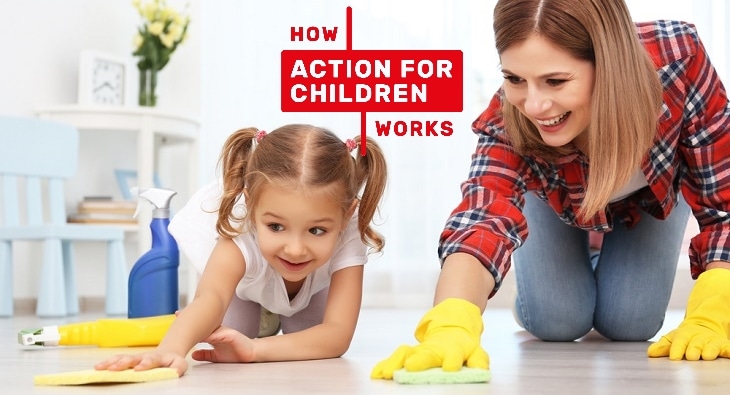
The first thing that Family Support Practitioners from Action for Children do with new clients is to help the families de-clutter, start to see the floor, and get some sort of organisation into their, often, chaotic lives.
We interviewed one of these practitioners, Lucy Edwards, who has been one for 5 years and joined Action for Children’s Sandwell Family Partners in 2013.
The Family Partners project is funded by Women Taking Action, a group of influential and inspiring women who are taking a collective stand, with Action for Children, against child neglect. The service tackles neglect by building a trusting relationship with parents, and challenges the whole family to make positive changes with intensive support before a crisis arises.
Moneymagpie interview
Do you find that clutter is a problem for every vulnerable family that you help?
For the majority of families we work with, clutter is definitely an issue. Cleanliness can also be a problem as it can be difficult for our families to keep their living spaces clean when their rooms are obstructed by piles of clothes or toys. In some cases, our families do not own a car or have a method of transport that would allow them to remove the clutter and deposit it at a clothes bank or charity shop.
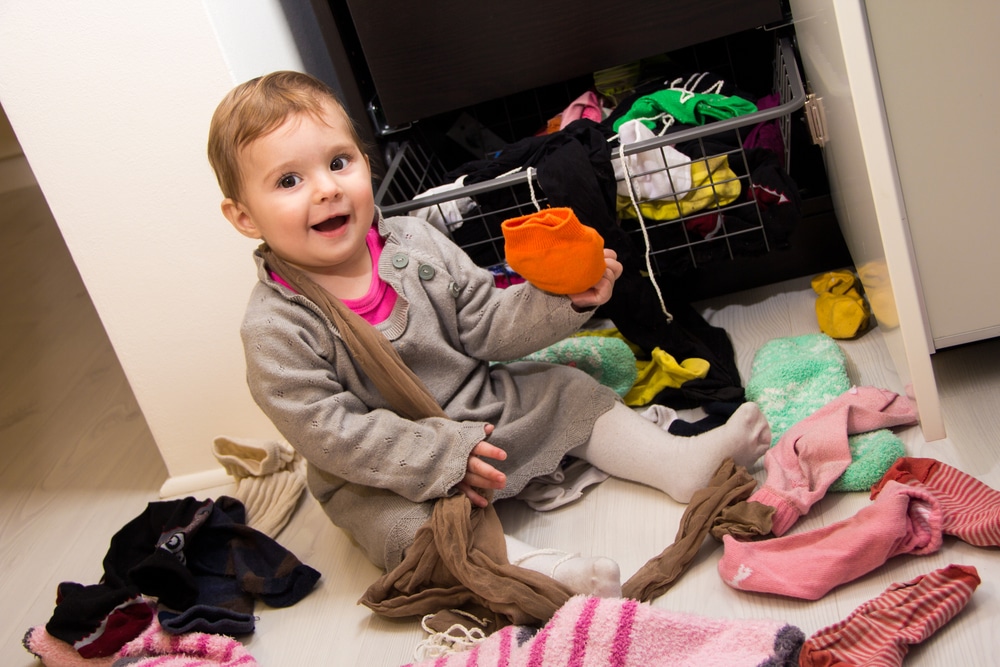
Why do you think that it is such a common problem?
With the families we support, clutter is not the only problem and can often be a result of other issues they are dealing with. We work with parents who have mental health issues or who have experienced domestic violence, and for them the thought of organising their living space can be very overwhelming. I have also worked with parents who find it difficult removing old toys and books, as they find their children become upset.
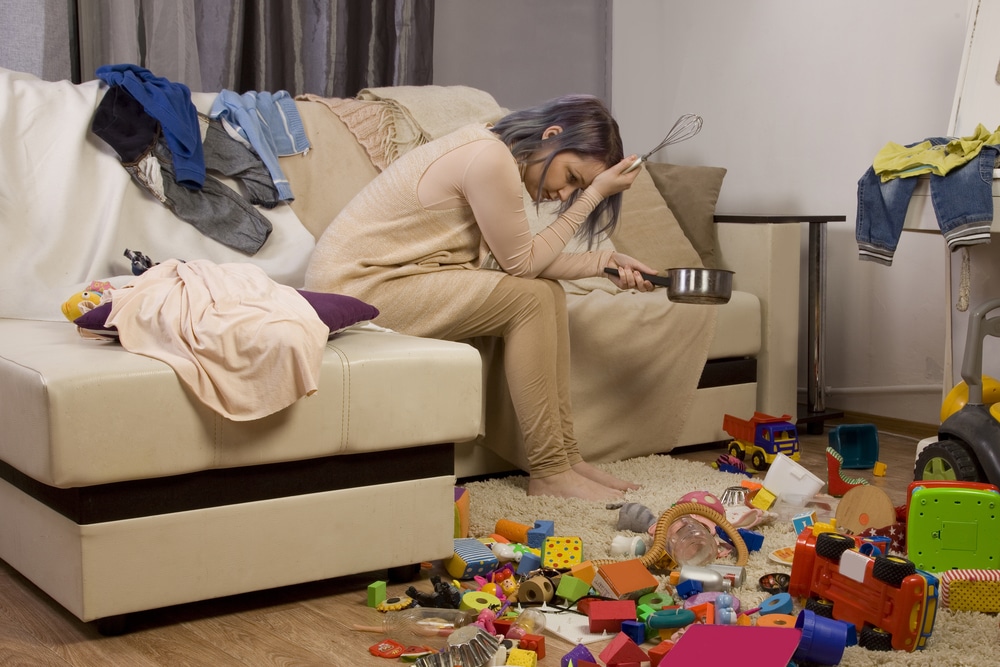
Why do you think it is difficult for them to keep their living space organised and tidy?
The families we work with experience multiple problems and keeping their living space clutter-free is not a priority for them, and can feel like a daunting task. Last year, I worked with a mother who had just given birth to her second child and been rehoused and she explained that she was too tired to organise and tidy the house. In other cases, parents have grown up in that type of living environment, so now they view their current living space as the norm.
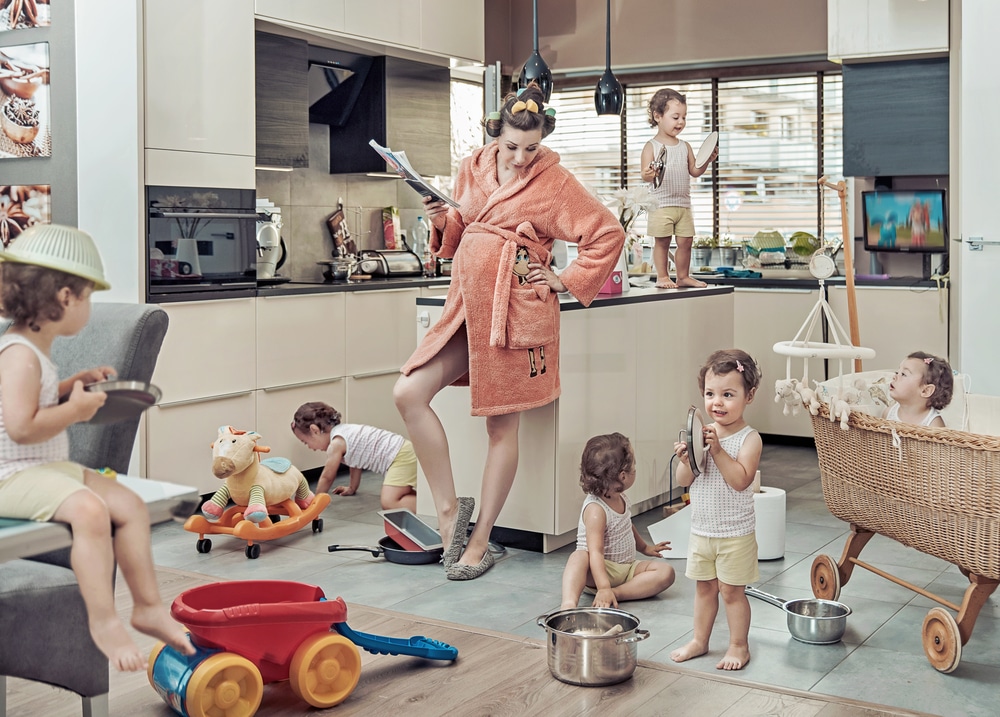
how do you approach organising families in a way that doesn’t feel too intrusive?
Every family is different and it is important to recognise that. I help families to visualise what their home would look like if they had extra space. I always focus on the positives and help them to identify how decluttering would benefit them and their family in the long run. What makes Action for Children’s Family Partners project so unique, is that we spend time building trusting relationships with our parents and we try to get to the root cause of the problem. Another approach that I have taken, is to show the parents pictures of a cluttered room and ask them to identify potential hazards and risks.
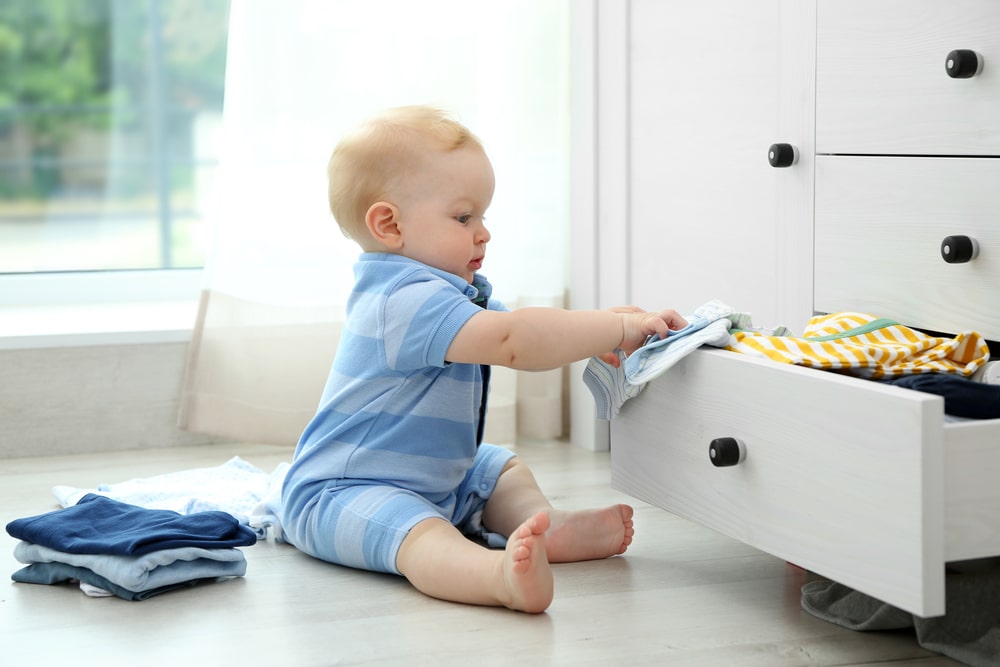
What advice would you give others who are trying to help people to get organised?
It is important to remember that you are in someone’s home and that you must be respectful and tactful in your approach. Help them to identify the problem and guide them as they come up with manageable solutions.
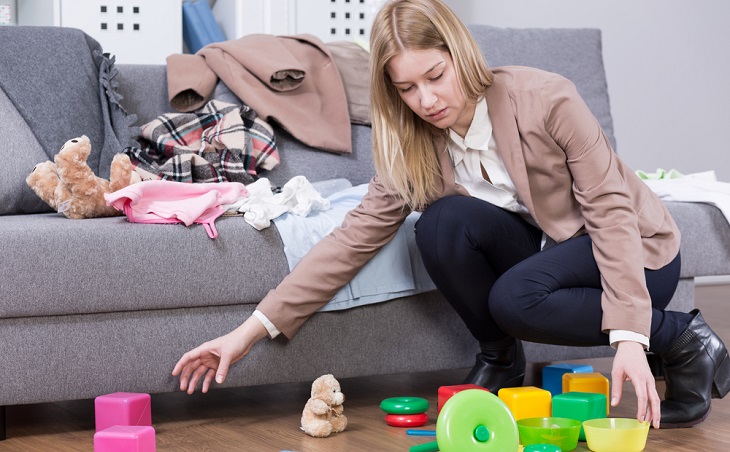
Megan’s story
As told by Lucy Edwards, family support practitioner at Action for Children’s Sandwell Family Partners
Megan (name has been changed) and her partner were rehoused shortly after she gave birth to their second child and when we first met, she described how they had pushed their belongings in shopping trolleys to their new home.
Their eldest child, who was 7-years-old, had behavioural issues, and Megan and her partner were finding it difficult to work together to put boundaries in place for him.
When I arrived at the family home, their belongings were in bin bags and the rooms were chaotic and messy, as it was impossible to clean with all the piles of toys. The family did not have a dining table and would have to sit on the floor and eat. Megan and her partner were forced to sleep in a bed downstairs as it did not fit upstairs, due to the narrow staircase. This caused issues for their eldest child, who did not like sleeping upstairs on his own.
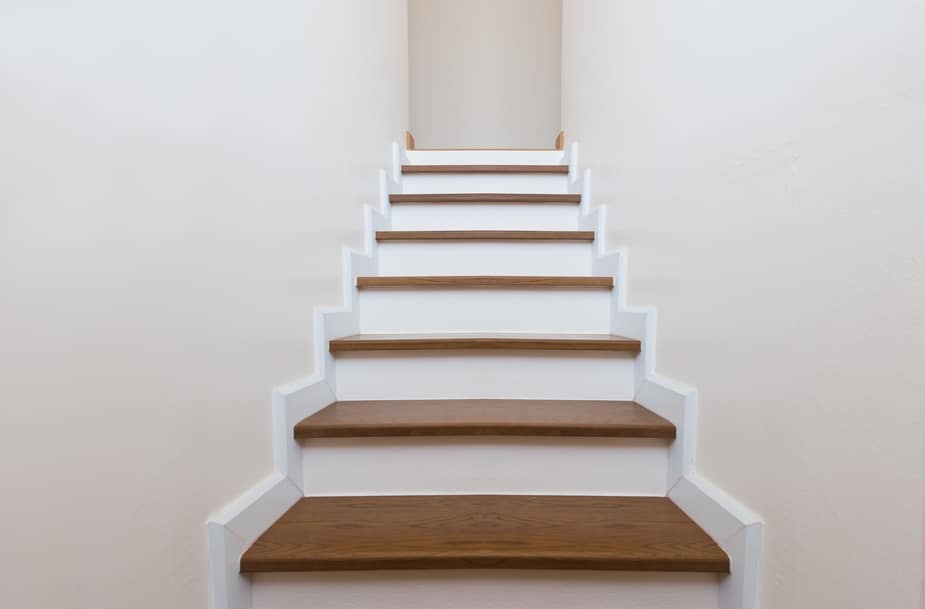
We discussed strengths and areas to improve, which helped us to prioritise what they needed to work on first. I spent hours sifting through the family’s clutter, which consisted of old bank statements and letters.
I supported Megan to declutter the upstairs room, in order to make space for new bedroom furniture, which they obtained through a local charitable grant scheme. Once the new bedroom furniture was delivered, the whole family were able to sleep upstairs, which improved their son’s bedtime routine.
I helped them to visualise what they could do with the extra space, and after moving the bed upstairs, the family turned the back room into a play room. Overtime the parents began to take responsibility for clearing their clutter and would present me with bags of clothes which they wanted to donate to charity shops.
I also supported the parents to keep a calendar of key appointments, which led to Megan purchasing her own diary and budgeting book to keep track of appointments and finances.

Megan attended a range of services at Action for Children’s Cape Hill children’s centre which helped her to form new relationships, as well as benefitting the development of her baby. Megan’s partner also attended a local wellbeing service, funded by the NHS. Through these sessions, the couple were able to provide more effective support to each other.
They were mentally living in the clutter and when I helped them, I found that they felt better about themselves. They now feel empowered to continue making these changes themselves. Both parents clearly prioritise their children’s needs and want to give them the best start in life – and are now in a stronger position to do so.
Megan says: “Action for Children’s Sandwell Family Partners has made a huge difference to our family. We feel that they listened to us in a supportive and non-judgemental way. I was struggling after having moved home and just given birth, and having support helped me to become motivated and to start organising our home.”
If you would like to donate some of the money you make from selling your clutter then please visit: www.actionforchildren.org.uk/donate/. The money you raise will help Action for Children’s Family Partners to make life better for children and their parents.








